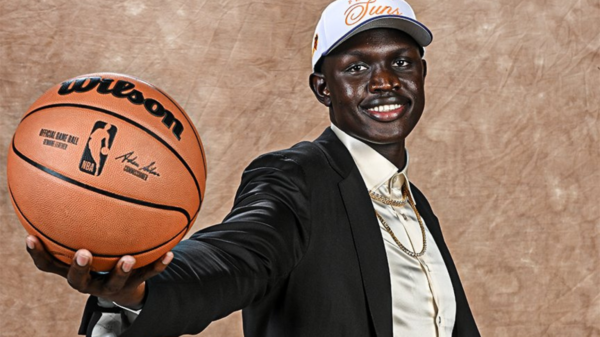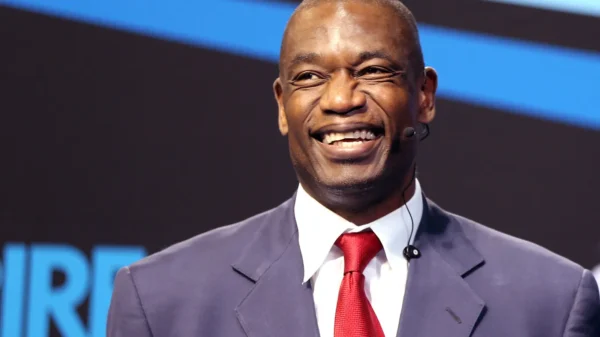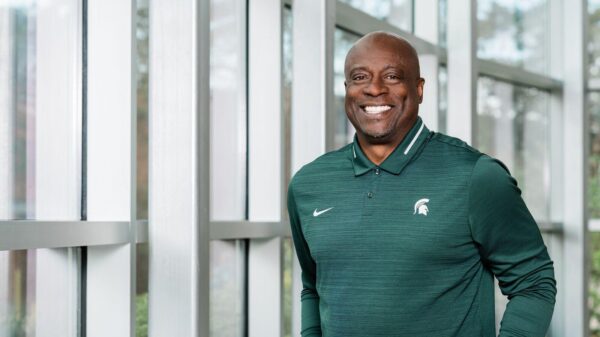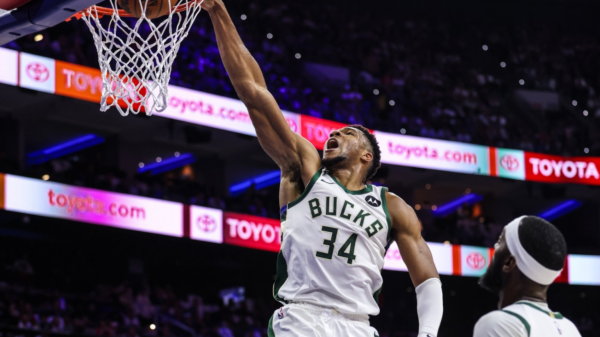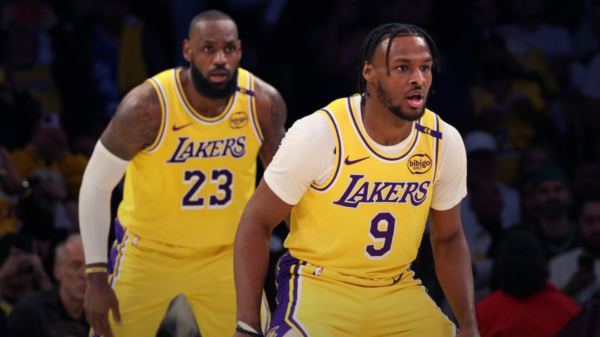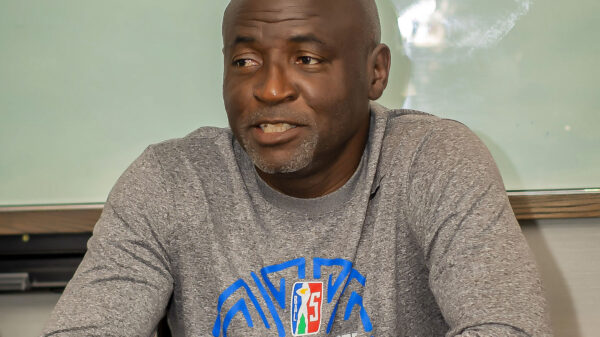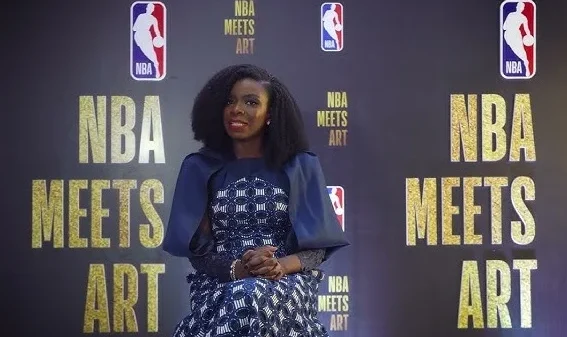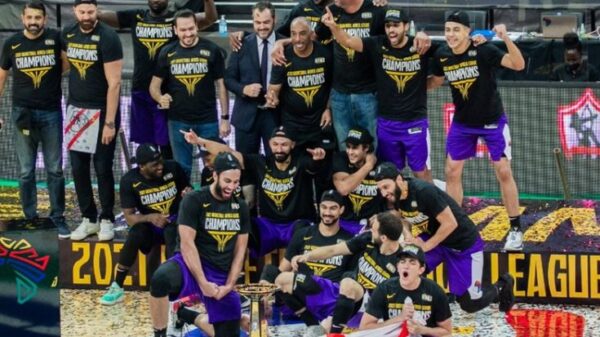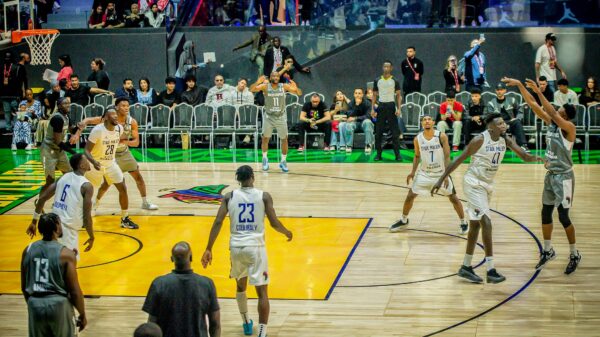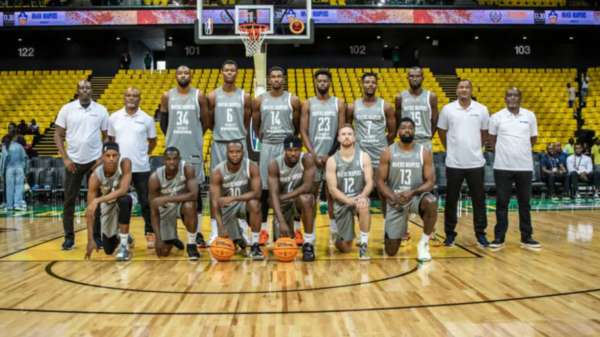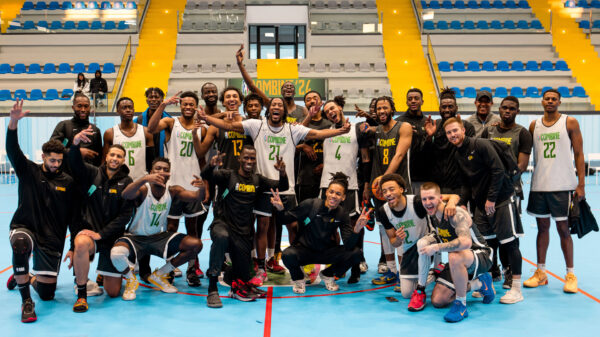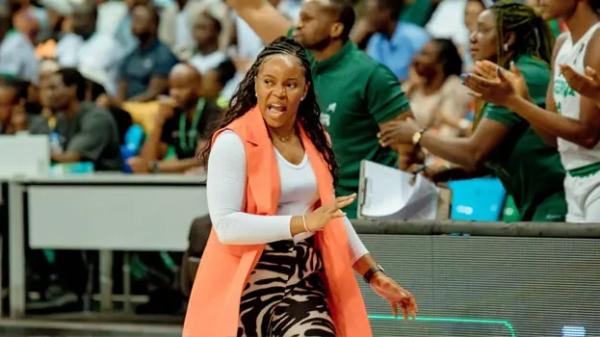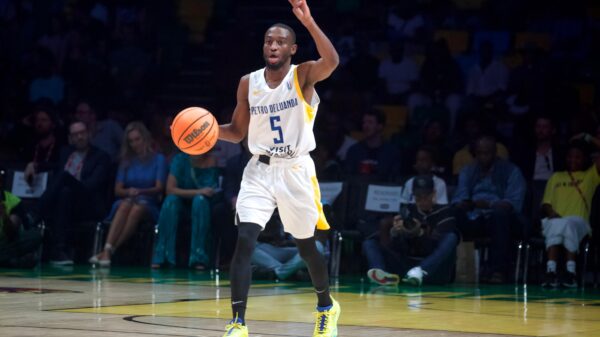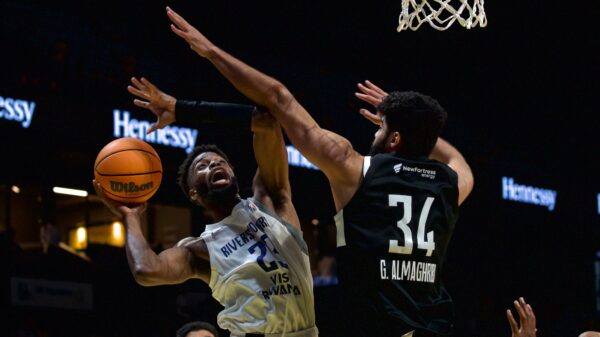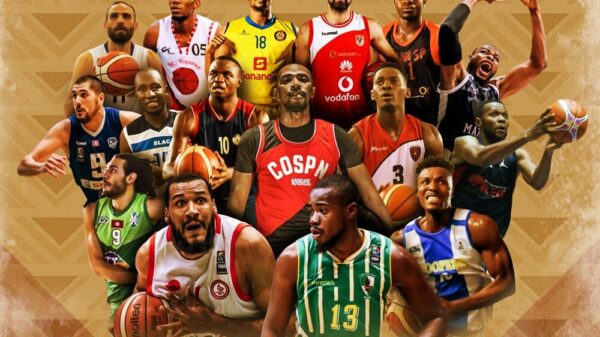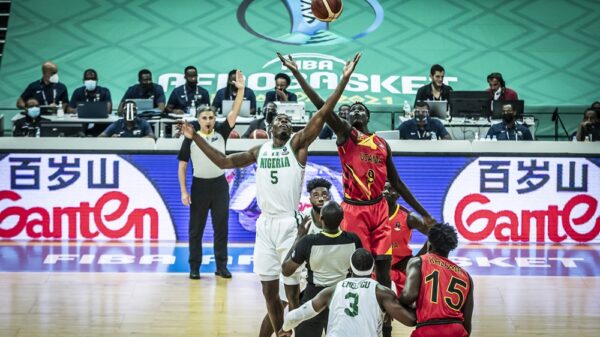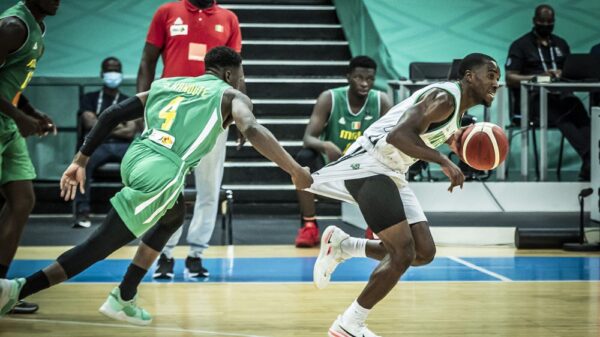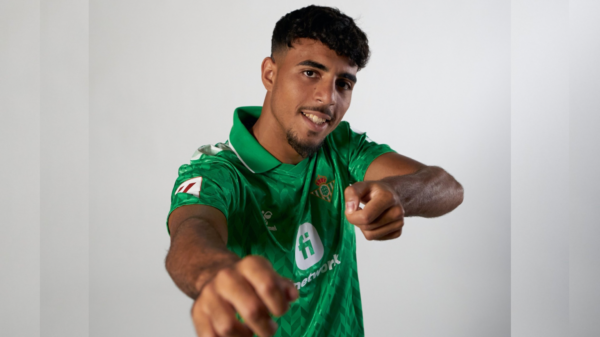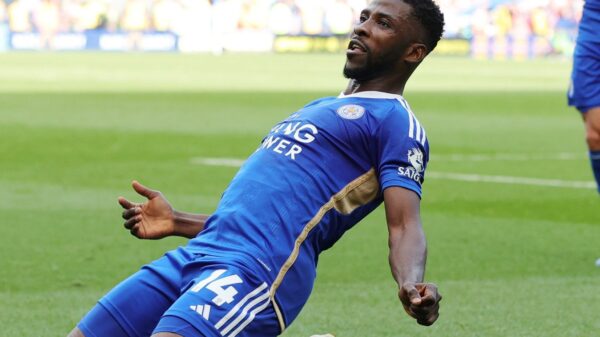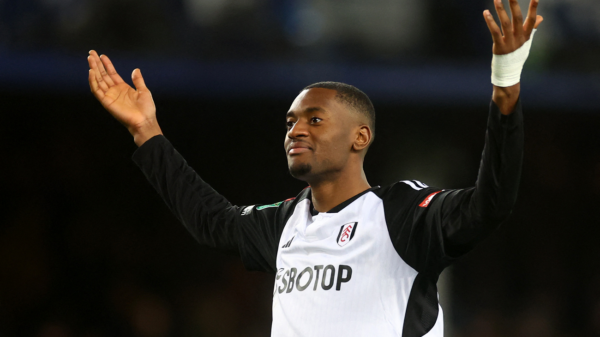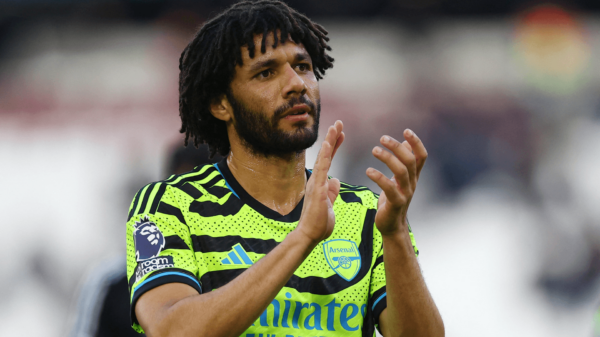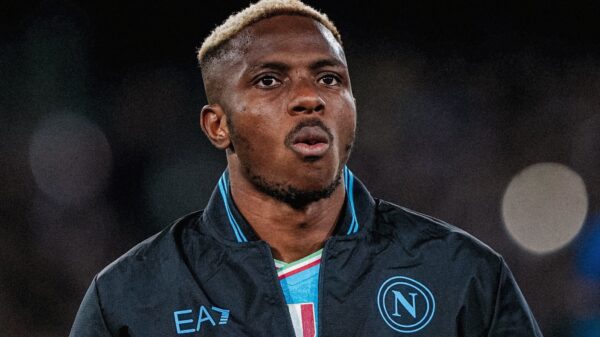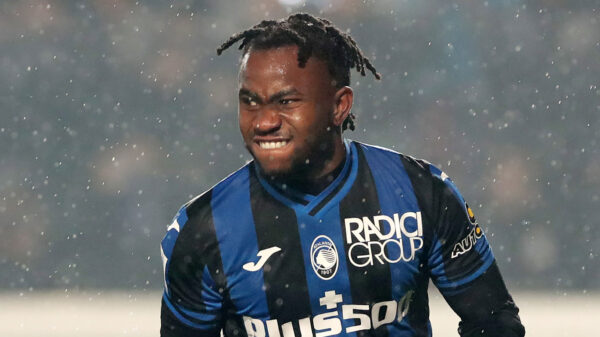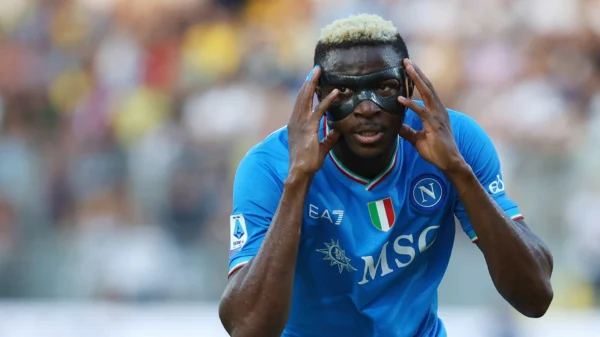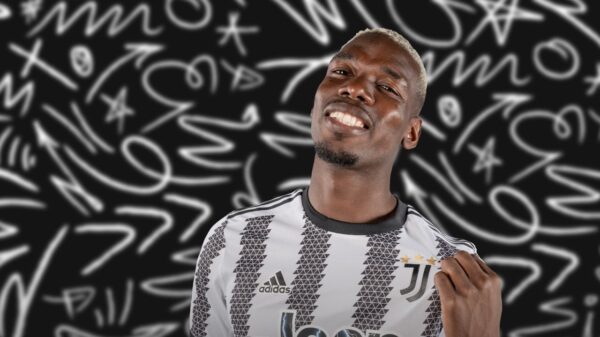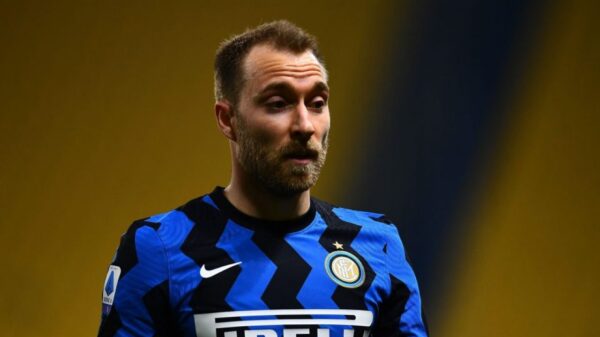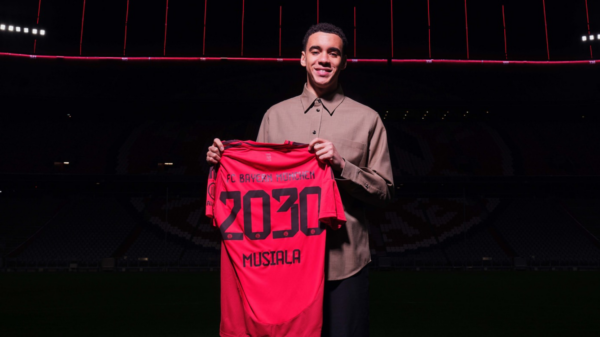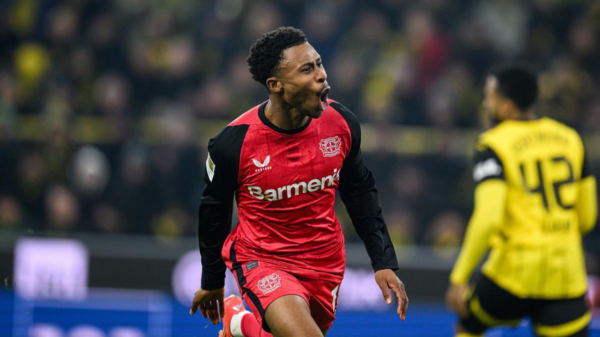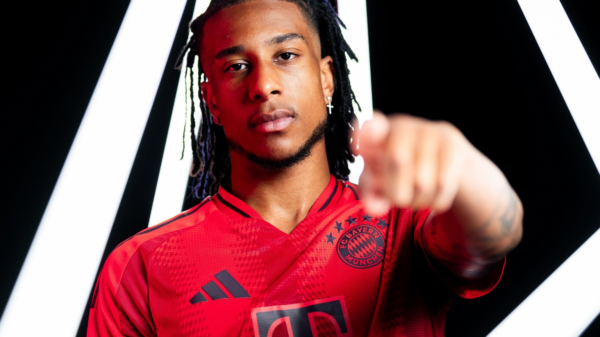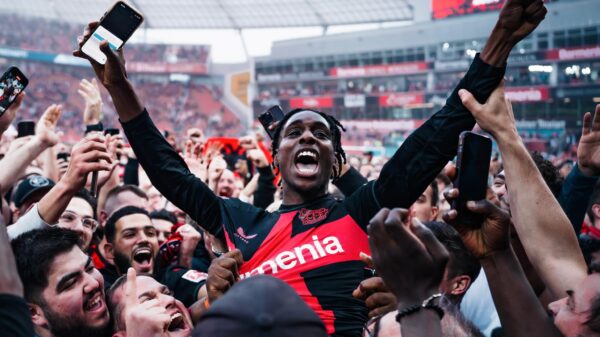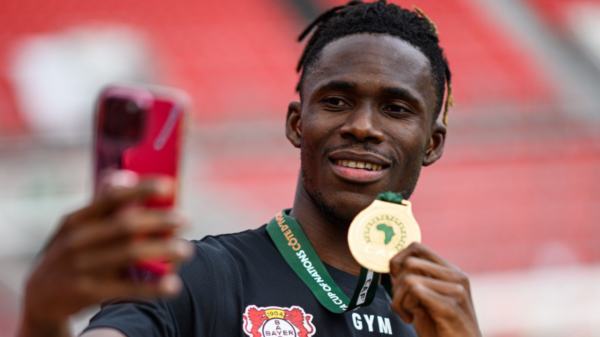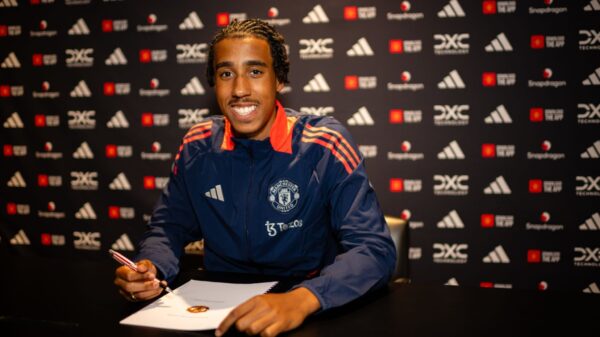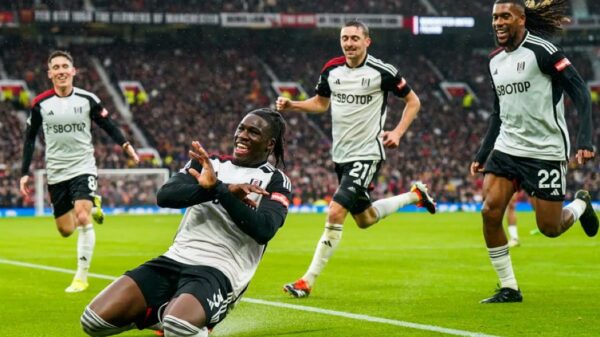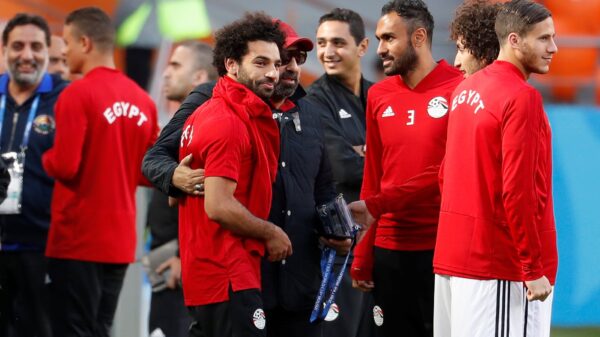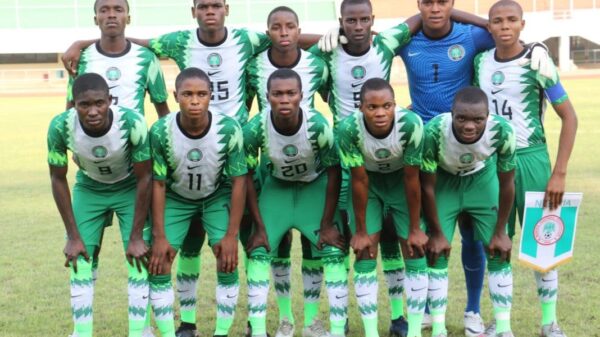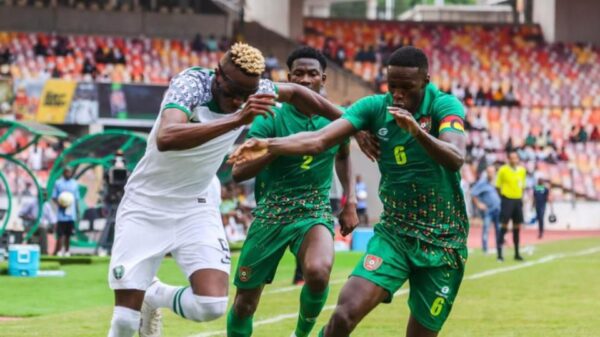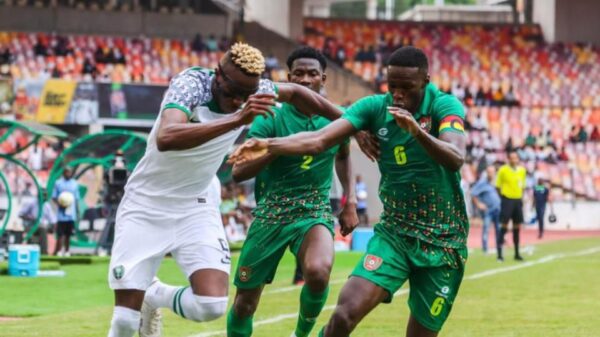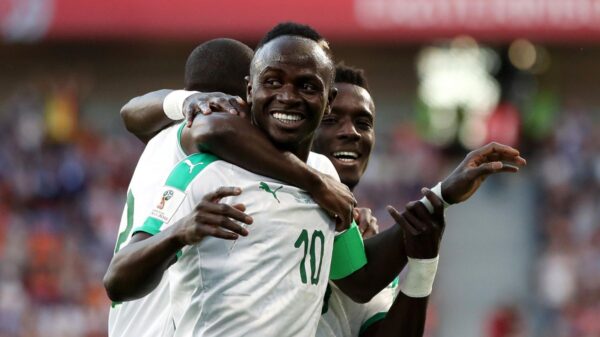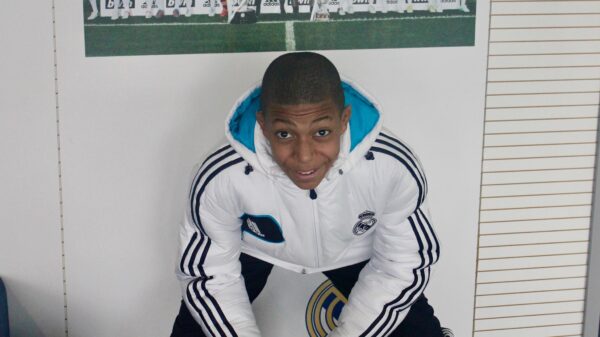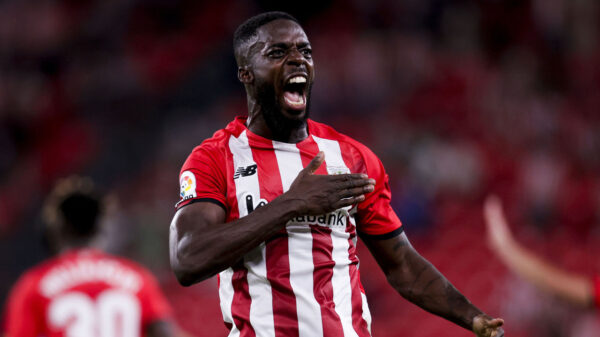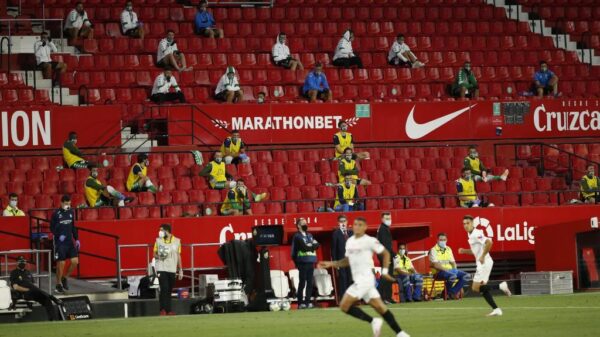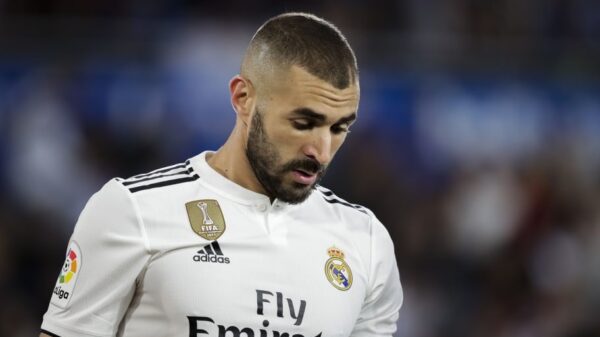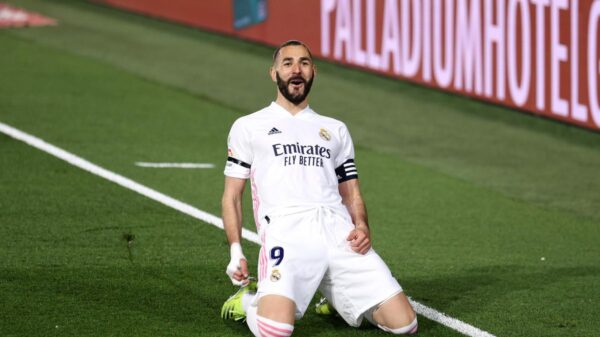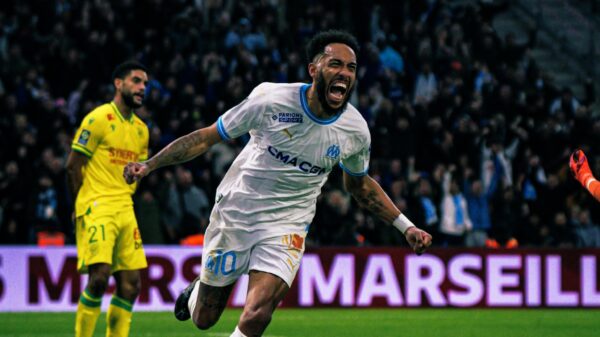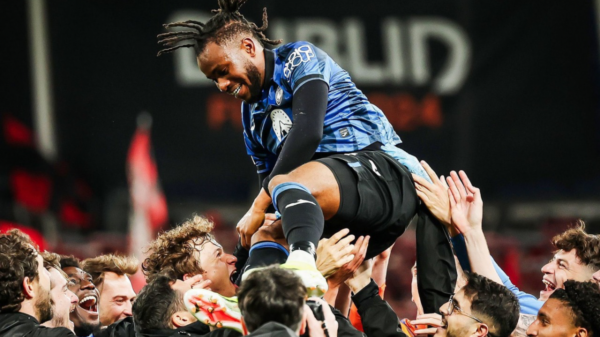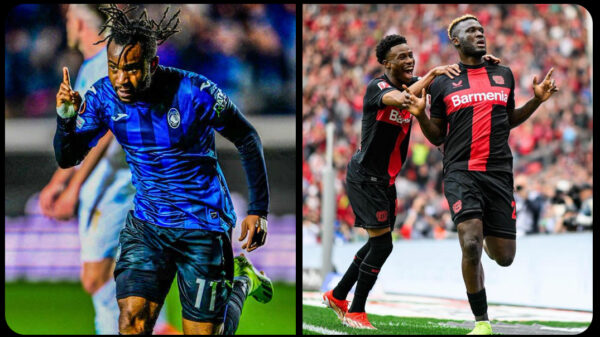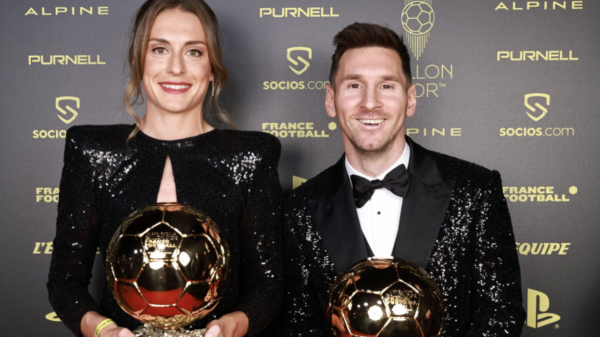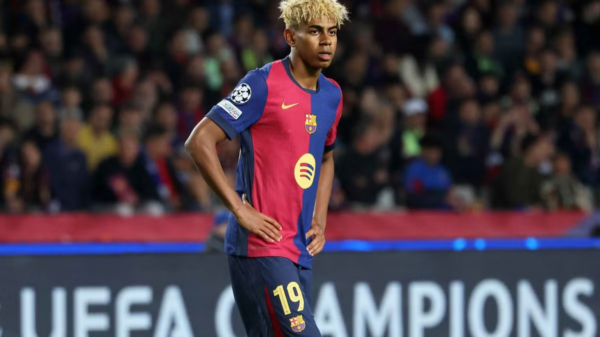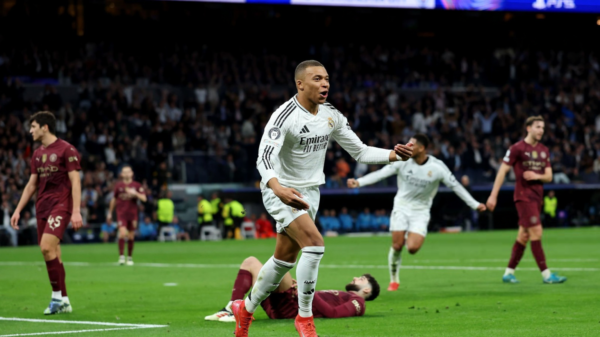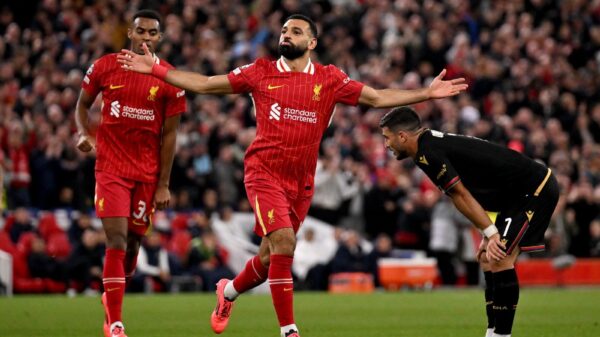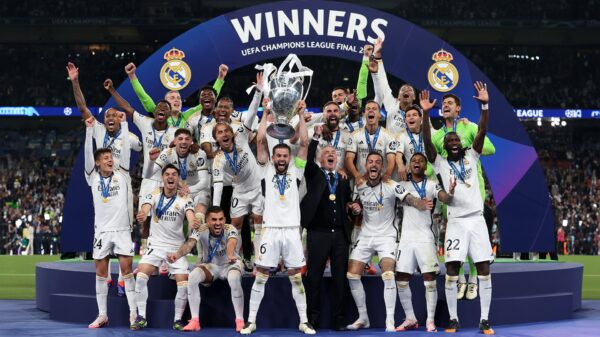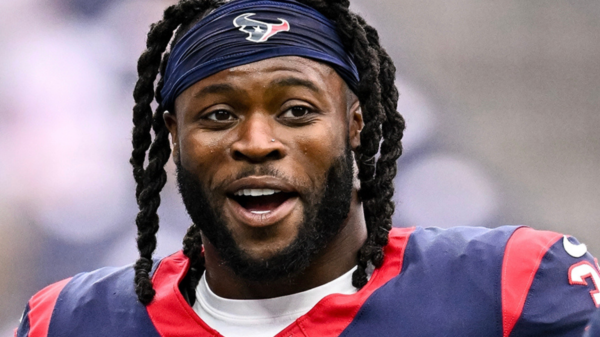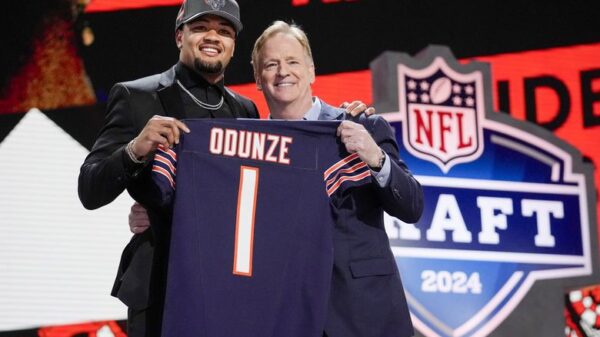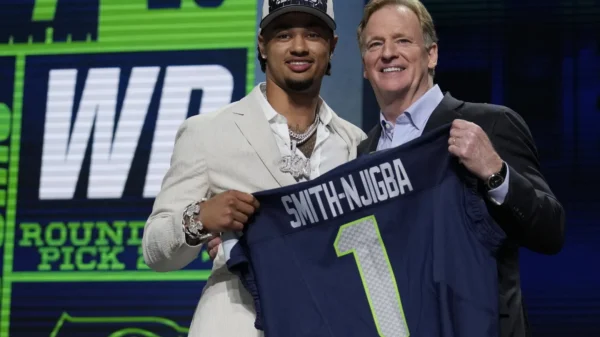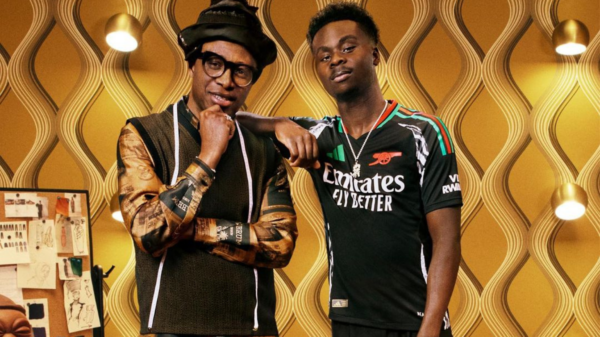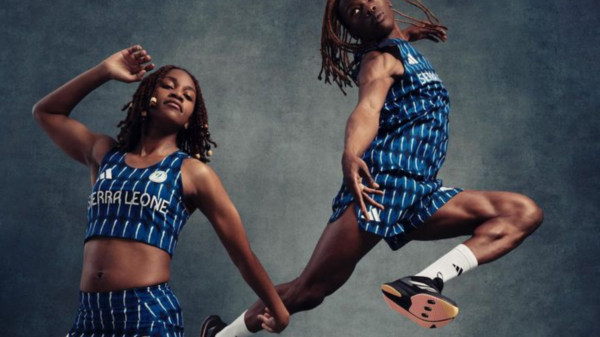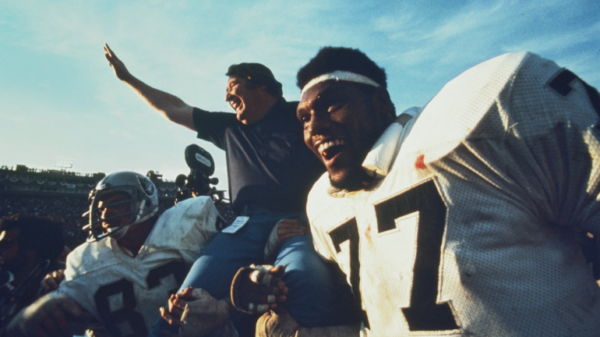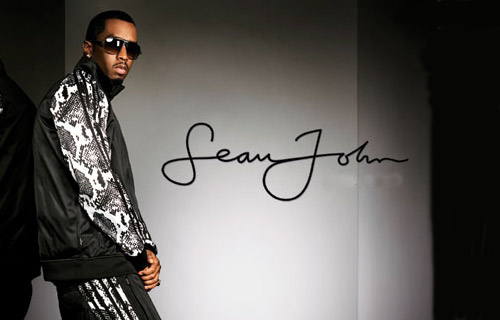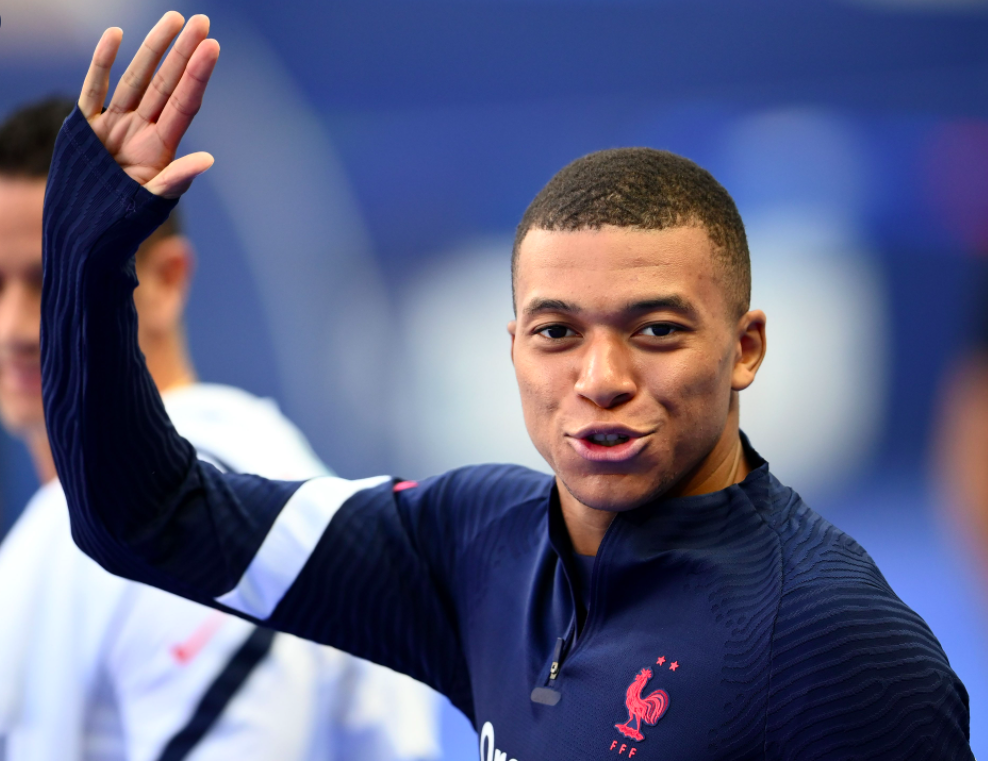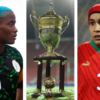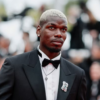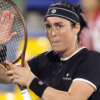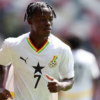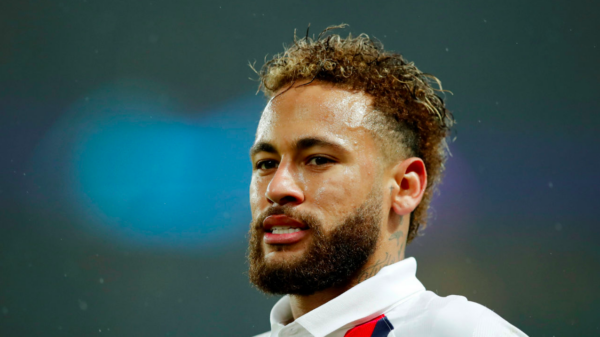Paris Saint-Germain striker Kylian Mbappe registered the fastest sprint in the 2019/20 Champions League season, at a speed of 33.98 kilometres per hour in the 73rd minute of the final against Bayern Munich.
Lukas Klostermann (RB Leipzig, 33.82 km/hr against PSG) come second in the list followed by Hans Hateboer (Atalanta, 33.71 against PSG), Achraf Hakimi (Borussia Dortmund, 33.46, against PSG) and Alphonso Davies (Bayern Munich, 33.37, against PSG).
Two Slavia Prague players, Petr Sevcik (13.47km) and Tomas Soucek (12.69km) were the ones who covered the most average distance per game, ahead of Marcelo Brozovic (12.48km), Saul Niguez (12,24km) and Koke (12.04km), according to the UEFA report.
Meanwhile, Slavia’s Peter Olayinka recorded an average of 60.33 sprints per game followed by his teammates Petr Sevcik (59.40) and Lukas Masopust (56.67), as well as Koke (56.44).As many as 386 goals were scored across 119 games, which is the second-best tally since the current format was implemented in the 2003/04 campaign, behind the 401 registered in the 2017/18 edition.
It is, however, the highest ratio of goals per game with 3.24, with the Champions League winners, Bayern Munich, topping the list with 43 goals, or 3.91 per game.
More goals were scored in the second half (216) compared to the first part (166), as well as four in extra-time. In total, 42 percent (162) were netted in the last quarter of an hour of each half.A total of 69.6 percent of the teams that scored first won their matches, and 86.1 percent avoided defeat.
In the final phase in Lisbon, PSG were the only team that won after conceding first against Atalanta.In three games a team that was losing by two goals ended up winning (Borussia Dortmund vs Inter 3-2; Tottenham Hotspur vs Olympiacos 4-2; Liverpool vs Atletico Madrid 2-3) and in eight they ended up drawing.
In total there were 11 games in which a team won by four goals or more, a figure lower than in the 2014/15 (15) and 2016/17 (14) campaigns.It was the campaign with the fewest 0-0 draws, with four, the same as in the 1998/99 season and one fewer than in the 2012/13 course.Bayern Munich striker Robert Lewandowski finished as top scorer with 15 goals, two fewer than the record held by Cristiano Ronaldo in the 2013/14 campaign, when he was playing for Real Madrid.
Lewandowski netted all his goals except one from inside the box, four of them with a header.Borussia Dortmund striker Erling Haaland came second with 10, scoring a goal every 55.4 minutes and was the most effective among those who netted five or more, with 47.6 percent shot conversion, followed by PSG forward Mauro Icardi (41.7 percent).
Real Madrid striker Karim Benzema had the worst conversion rate with 16.1 percent.Lionel Messi and Benzema were the first players to score in 15 consecutive Champions League campaigns, while Juventus forward Paulo Dybala was the only one to score a direct freekick.The value of high pressure was demonstrated in the number of turnovers that resulted in 217 shots on target and 30 goals.
Manchester City netted four goals after retrieving the ball, one more than Bayern Munich and PSG.Bayern Munich goalkeeper Manuel Neuer registered six clean sheets, one more than PSG’s Keylor Navas, with Atletico Madrid’s shot-stopper Jan Oblak managing four.
Liverpool were the team with the highest average possession, with 67 percent followed by Bayern Munich (64), Manchester City (62), Bayer Leverkusen and Juventus (59) and Barcelona (57).
Manchester City registered the most possession in a single match, with 80.1 percent against Dinamo Zagreb.The Reds were the team who produced the most crosses with 19.2 per game, compared to Juventus’ 18.6. Trent Alexander-Arnold registered as many as 77, 25 of which were produced against Atletico Madrid.

